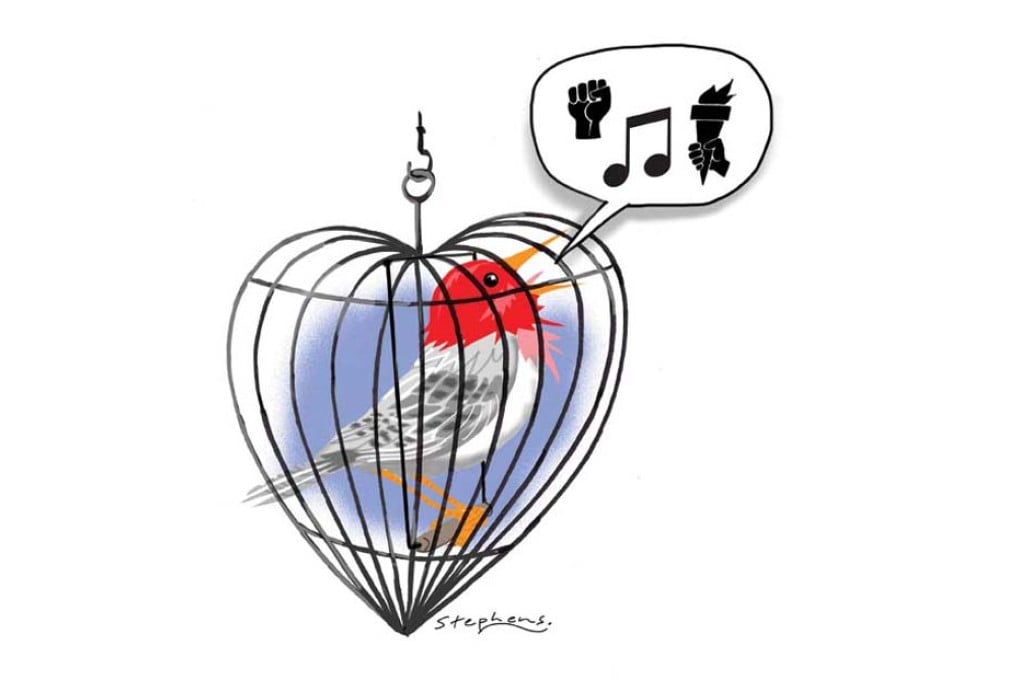Freedom will triumph, in Hong Kong and elsewhere
Chris Patten says democratic societies are right to support the natural aspiration towards freedom and the recognition of human rights of people everywhere, including Hong Kong

On July 1, 17 years ago, I was sailing on Britain's royal yacht away from Hong Kong where, at midnight the previous day, China assumed sovereignty under the terms of an international agreement with the United Kingdom (tabled at the United Nations) known as the Joint Declaration. That agreement guaranteed Hong Kong's way of life for 50 years under Deng Xiaoping's slogan "one country, two systems". The rule of law and the freedoms associated with pluralism - due process and the freedom of speech, assembly and worship - were to remain the bedrock of Hong Kong's prosperity and stability.
Fast forward to this year. On a date that meant so much to me personally as the colony's last governor, and much more to the citizens of Hong Kong, I attended a magnificent production of Beethoven's Fidelio in the grounds of a country house near Oxford. Beethoven's only opera, written in 1805 (the year of Napoleon's victory at Austerlitz) and rewritten in 1814 (when Napoleon abdicated), is one of the supreme cultural expressions of fundamental human values - freedom and opposition to tyranny - that resonate in every society.
The opera's most dramatic moment comes when political prisoners are briefly released from their dungeons. "Oh Heaven! Salvation! Happiness," they sing. "Oh Freedom! Will you be given us?" As they sang of liberty, the setting sun's rays dazzled the prisoners and the Oxfordshire audience. Nature underlined the importance of the message.
Much of the history of the two centuries since Beethoven composed his opera has centred on that quest for freedom: the fight against colonial powers, the campaigns for basic human rights, the resistance to modern totalitarian and authoritarian regimes. On the whole, liberty has triumphed. But the struggle is not yet over; it continues on every continent and takes many forms.
Consider the victims of torture from Central America to Ivory Coast to Pakistan; the legal harassment - not least of journalists - in Egypt; the persecution of gays in Russia and Uganda; human trafficking, prevalent even in developed countries; and the abduction of young Christian women in northern Nigeria. In many countries, political dissidents (like the captives in Fidelio) are locked up - or worse - in defiance of the clear and open procedures that should ensure the rule of law.
The extent to which concern for human rights should be a consideration in setting foreign policy is a contentious issue in most democracies, which often believe that their own record entitles them to lecture others. Sometimes it does; often it does not. For example, the United States' own record, at Guantanamo Bay and elsewhere, has undermined American politicians' credibility on this subject.
There is also the question of consistency. One cannot credibly thump the table about human rights in one country, but keep one's opinions to oneself in another - an all-too-common occurrence when, say, a trade deal might suffer.